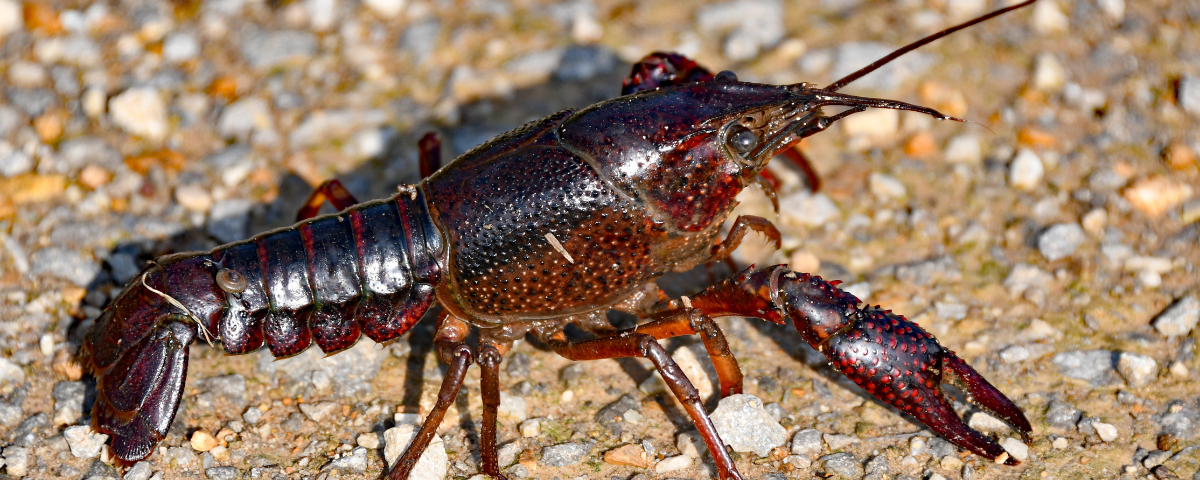
Scientists are subject to a barrage of daily emails. Among them are promotions offering deep discounts to publish in journals or offers to serve on editorial boards. At some point, it is fair to pause and ask, “is this email legit?”. Could it be from a predatory publisher?
Predatory publishers are finding creative ways to mimic legitimate author-outreach efforts. They are using language in their communications and on their websites that can be misleading to the untrained eye.
Communication Tactics
Knowing the tell-tale signs of a predatory journal can save you from falling victim to their false promises. A predatory journal either has questionable publishing practices or misrepresents its practices. They aim to profit by exploiting authors under the veil of standard publishing models, such as open access, but ultimately, this is done at the authors’ financial expense. In their communications, predatory publishers aim to get you to quickly click on an email without thinking about the legitimacy of their offer. They want to get you excited about getting your work noticed and published fast. This can be the bait eager trainees take.
Authors are encouraged to vet potential journals of interest. The first step should be to look up the journal, independently from any links provided, and assess the published articles. Pay close attention to the name of the journal. Predatory publishers often impersonate legitimate journal titles but omit specific words (e.g., “The”).
The consequences of publishing in a predatory journal vary – from being unable to readily find your publication (i.e., limited dissemination of your research), to being unaware of publication fees, to losing credibility because your name is associated with a predatory journal.
How to Spot Predatory Publishers
AAI recommends tools and resources such as ThinkCheckSubmit.org (2), the Committee on Publication Ethics (COPE)(3), and the RESCUE consortium (4), to help determine if a publisher is legitimate. Additionally, lists and search tools to find credible journals for publishing your work are available: JANE (Journal/Article Name Estimator), the Clarivate Master Journal List, SPI-Hub (7), and others.
Now is the time to become an informed author and take a more active role in finding the best home for your research so that the entire scientific community can benefit. Still have questions? Please contact us at InfoJI@aai.org.




